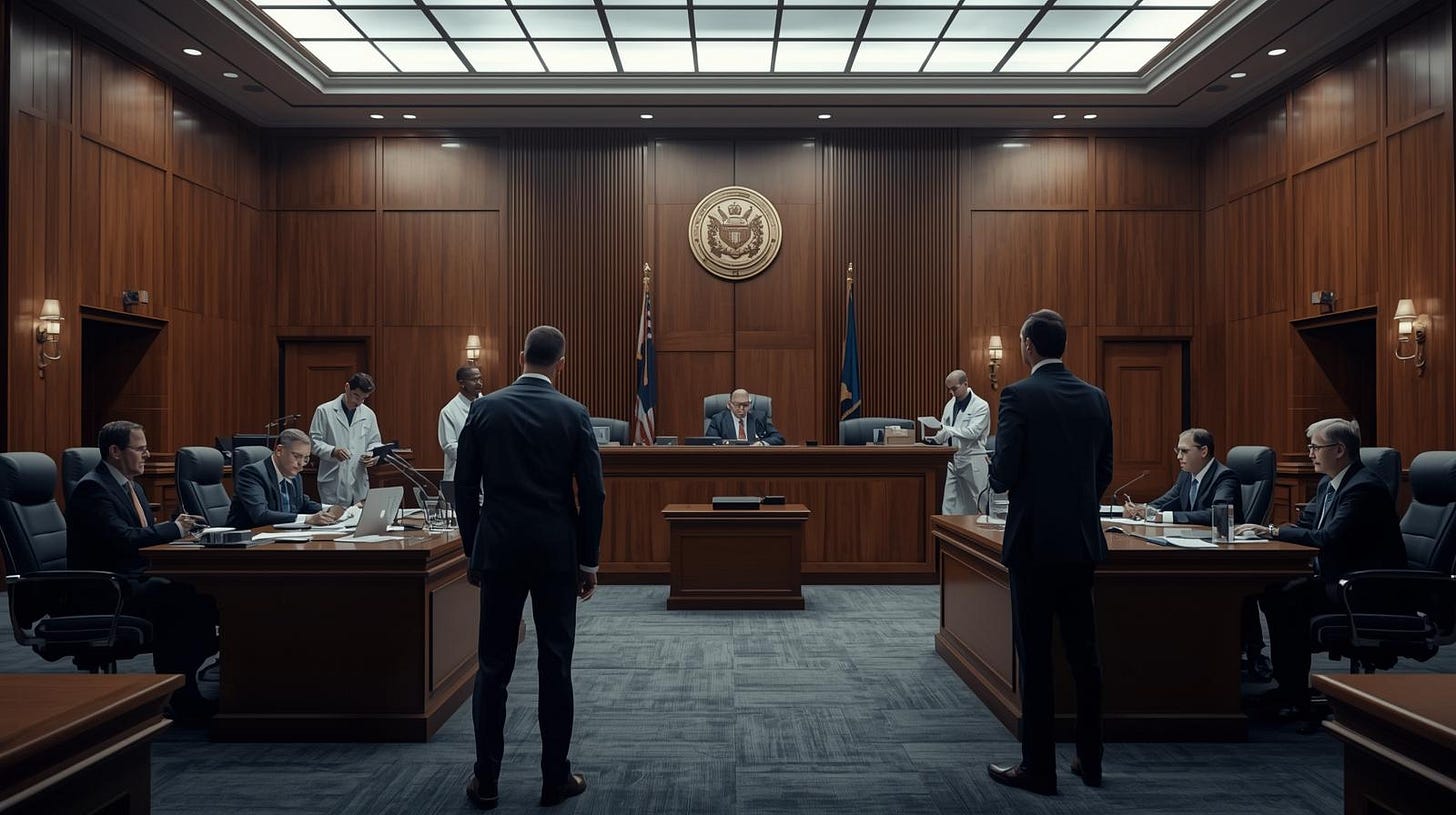My Research was Cited by the Iowa Court of Appeals. Here Is Why It Matters
There is a growing awareness of the need for transparency in forensic science
On November 13, 2025, the Iowa Court of Appeals issued its opinion in State v. Withers. Buried in the dissenting section of the case was something I did not expect to see: a direct citation to my article, coauthored with Chuck Ramsay, titled "Errors in Toxicology Testing and the Need for Full Discovery," published in Forensic Science International: Synergy.
Read the full court decision below:
For someone who works to improve the reliability and transparency of forensic testing, seeing my research used in a judicial opinion was encouraging. More importantly, it shed light on a growing conversation within the courts about how forensic evidence is handled.
The Case: Late Forensic Disclosure and Fairness
The central issue in the dissent was a sixty-three-page digital forensics report that the prosecution disclosed only eight days before trial. The defense attorney told the judge he did not understand the report, did not have time to consult an expert, and could not properly evaluate the data's accuracy or reliability.
The majority decided the late disclosure was acceptable and affirmed the conviction.
The dissent argued that this was a clear injustice. You cannot meaningfully challenge forensic evidence on the eve of trial without time, expertise, and full discovery.
To underscore this point, the dissenting judge wrote:
“I worry that treating an untimely expert witness disclosure like any other witness disclosure perpetuates my concern about how we treat forensic evidence in the courtroom.”
This simple sentence captures a larger problem in the criminal justice system.
Forensic evidence is often treated as if it is infallible, even though entire scientific bodies of research show that errors, limitations, and methodological problems are far more common than many assume.
That is exactly where my article fits into the discussion.
Why the Court Cited My Research
The dissent referenced our work while explaining why late forensic disclosures are especially dangerous. My paper makes several points that were directly relevant to the concerns raised in this case.
1. Forensic evidence is not self-validating
Instrumentation, data interpretation, and laboratory processes are all subject to error. A late disclosure does not allow the defense enough time to identify or challenge mistakes.
2. Full discovery is essential for meaningful review
Experts need the underlying data, not just a summary. Without sufficient time to examine the raw information, the defense cannot verify accuracy or expose analytical issues.
3. Courts often treat forensic results as more reliable than they are
The dissent cited my article, along with work by leading scholars such as Brandon Garrett, Peter Neufeld, and Jennifer Mnookin, to argue that forensic evidence must be handled carefully and critically.
Why This Citation Matters
Seeing courts cite forensic science scholarship in real cases is a positive sign that conversations about transparency, discovery, and scientific rigor are reaching the places where they matter most.
I plan to continue advocating for full discovery, independent review, and scientifically grounded forensic practice.


